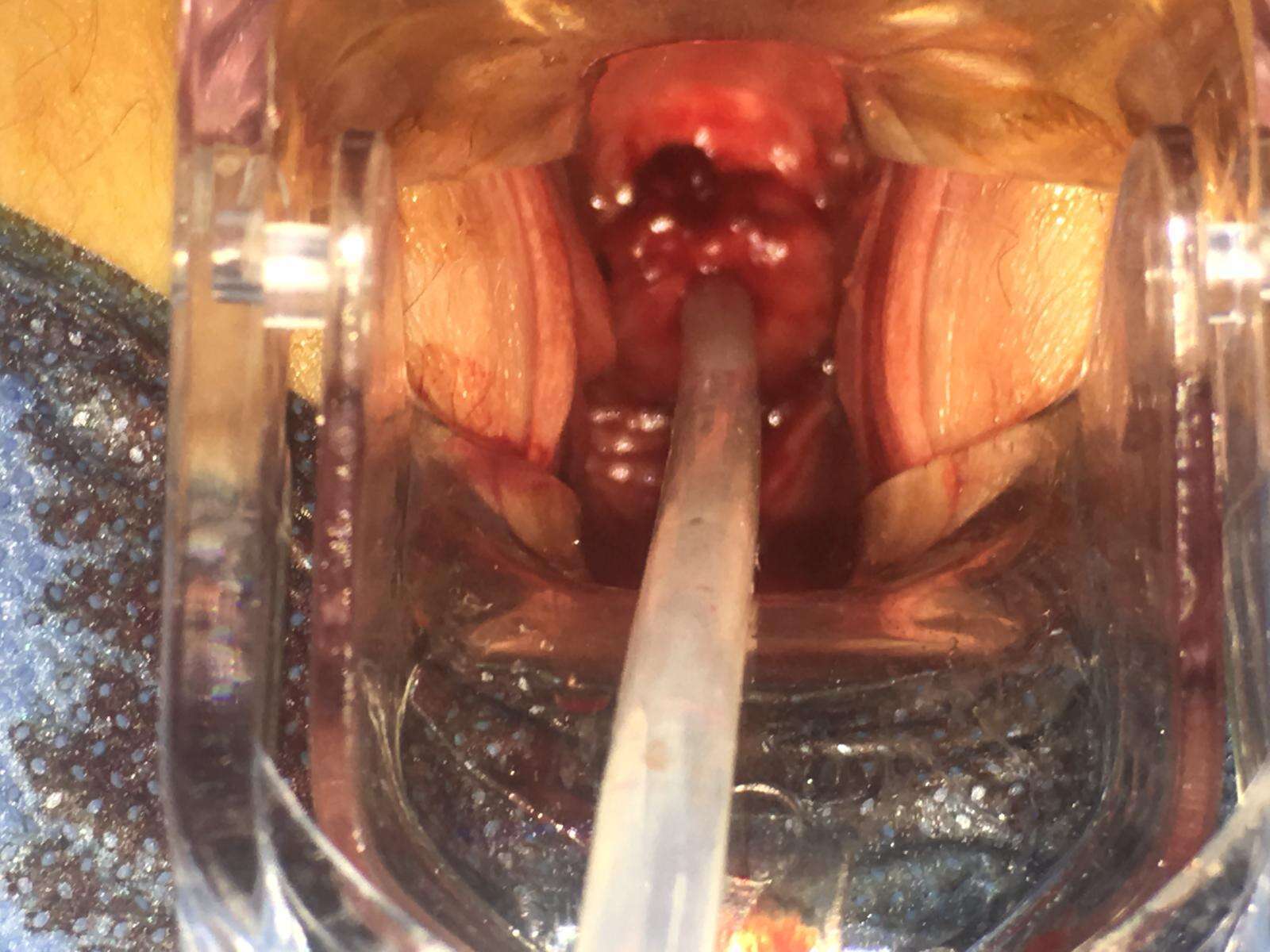
Pyometra: A Rare Cause of Acute Abdomen in Prepuberal Girls
2Pediatric Surgery, Hospital Alvaro Cunqueiro, Spain
3Gynecology, Hospital Alvaro Cunqueiro, Spain
Background: Pyometra is the accumulation of purulent fluid in uterine cavity. It is a severe, life-threatening condition. This rare entity is mostly described in postmenopausal women with acquired stenoses of external cervical OS. However, some congenital malformations of female genital tract have been reported as an infrequent cause of pyometra.
Objective: To describe a rare entity with a challenging diagnosis.
Method: We report an exceptional case of a 13-year-old patient with generalized peritonitis due to pyometra. She had no previous medical records, neither had she reached menarche. She presented on Pediatric Emergency Department with severe suprapubic abdominal pain and anorexia for the last 4 days. As she would add later, she had been suffering from suprapubic pain, diarrhea and vomiting once in a month, for the last 6 months. Physical exploration: abdominal guarding, intense hypogastrium pain, normal female genitalia, low-grade fever. Analytical: leukocytosis, increased CRP. On suspicion of acute abdomen, an urgent abdominal ultrasound was made, showing fluid collection in uterine cavity that extended to peritoneal cavity through Fallopian tubes. Gynecologists, under general anaesthesia, performed ultrasound-guided introduction of a grooved probe, through a completely stenotic cervical OS into the uterine cavity, in order to drain the uterus (picture 1). Later, a pediatric surgeon performed a laparotomy, profuse lavage and evacuation of purulent fluid from peritoneum (picture 2). Reproductive organs were preserved, and a Foley baloon catheter was left inside the uterus for 2 weeks. No incidents were recorded during postoperative evolution, so she was discharged. One month later, she was asymptomatic and did not reach menarche yet.
Conclusions: Peritonitis is not always appendicular. Although treatment of pyometra in postmenopausal women is well established involving hysterectomy, it might be challenging in pubertal girls, as preservation of reproductive organs is a priority. Long-term effects over fertility in this patient remain still uncertain.

Powered by Eventact EMS